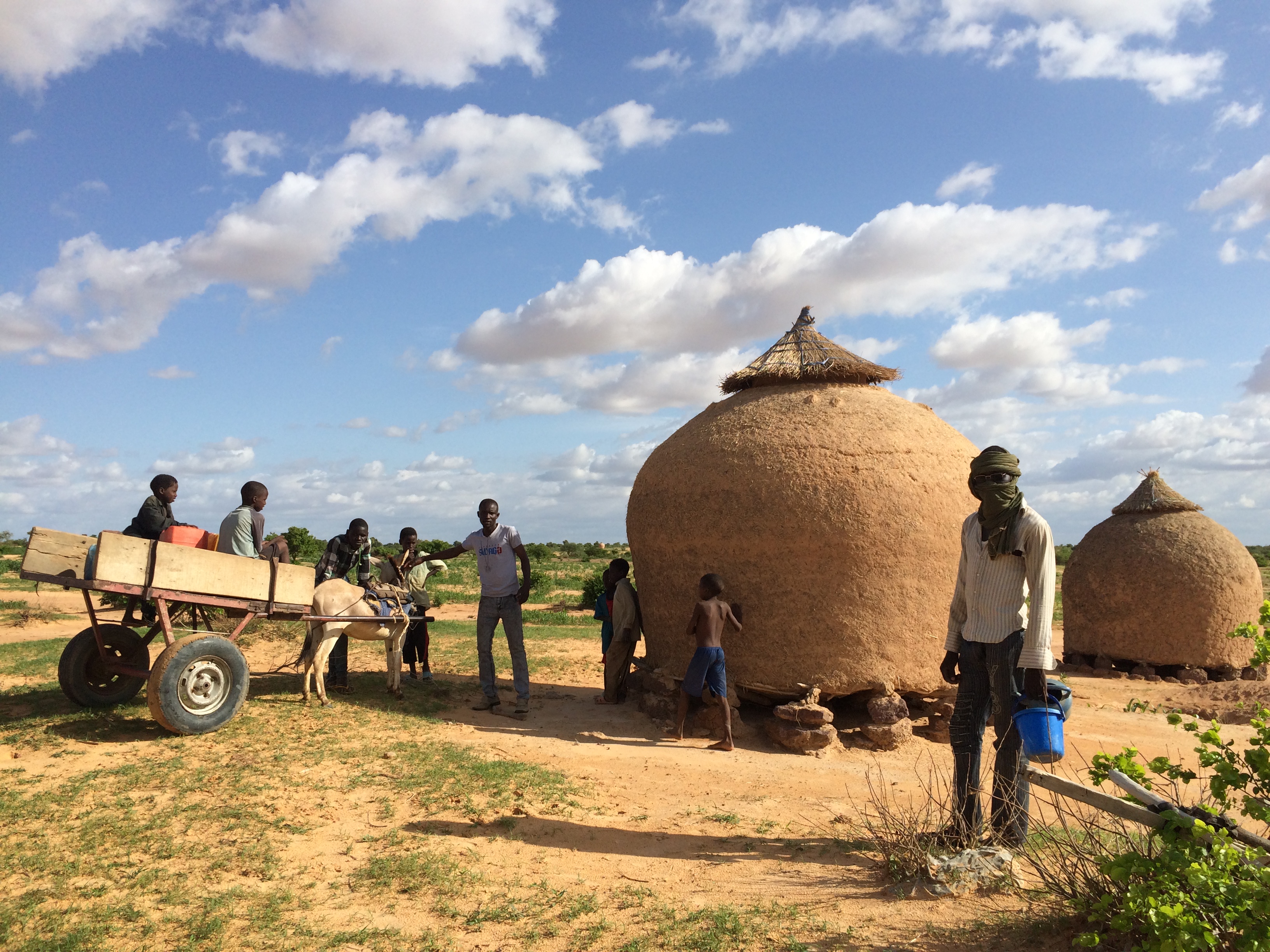Who we are
The goal of the Sahel Research Group (SRG) at the University of Florida is to attempt to understand the political, social, economic and cultural dynamics that shape the West African Sahel.
Our research projects focus on all of these themes. Collectively, we recognize the interconnected nature of the many factors that characterize and are shaping the future of the region, and we are committed to working across disciplines. Our approach is squarely based in empirical fieldwork, and we think it essential to work in collaboration with colleagues from and in the region.
By most measures, including the UNDP’s Human Development Index, the countries of the Sahel are materially among the least developed on earth. They are consequently characterized by significant challenges in terms of economics, and especially in the areas of health and education.
The high demographic growth rates across the Sahel sustain a vibrant and youthful population. Sahelian populations are mobile, and the region is the source of significant migration, both internal and far beyond its borders. It is also marked by rapid urbanization.
At the same time, agriculture and seasonal pastoralism remain central to Sahelian livelihoods. Long established patterns of relations and collaborations across ethnic groups are in flux, and historical forms of social stratification in the region are the subject of intense debate and contestation.
On the western edges of the Muslim world, the region is a laboratory for new religious currents and intellectual activity, both within the Muslim majorities, and in relation to other religions of the region. The Sahel is a zone of intense cultural production, in literature, music and cinema, and is home to FESPACO, the most important Pan-African film festival.
The Sahel has also been characterized in recent decades by significant efforts at political reform and experimentation with democracy, and especially with the relationship between religion and politics. In the process, it has been marked by some real successes, and some catastrophic failures. Collectively it presents some of the most difficult governance challenges in the world.
These have been further complicated in recent years by rise of violent movements, frequently in the name of a jihadist ideology. These have intersected and at times been driven by events in North Africa and the Sahara, as well as countries to the south, especially Nigeria. The Sahel is a long-neglected region, currently in flux, that has now attracted world attention.
